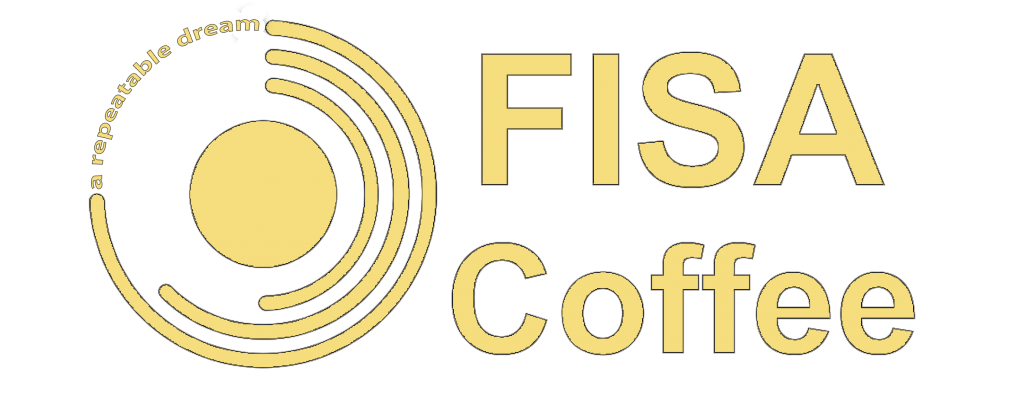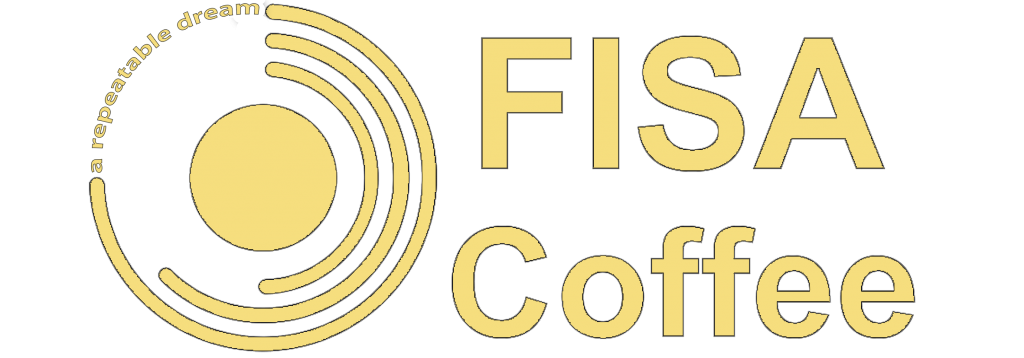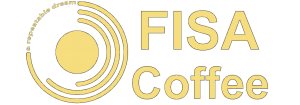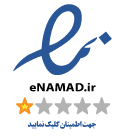وبلاگ
Solana: Best coding language to write code for the Solana chain?
FINAL WIGHTER CODERING SOLAN: Choosing the best language for your service
As a beginner, deciding the best language to write code for your Solana service is stunning. Thanks to several popular options, including JavaScript, Anchor and Rust, it is essential to understand what each language offers before making an informed decision.
In this article, we dive into the Solana coding world, examine the benefits and disadvantages of each language you mentioned, and provide recommendations for choosing the best language for your services.
JavaScript at Solane
JavaScript is a popular choice among developers because of their versatility and widespread acceptance. As for Solan, JavaScript can be used to create a wide range of applications, including web platforms, mobile applications, and even decentralized Finance tools (Defi).
Pluses:
* Widely supported : JavaScript is widely supported by Solana ecosystem, which makes it easier to find libraries and tools that integrate with your language.
* Fast performance : JavaScript is known for fast performance speed that is essential for real -time applications such as tied services.
* Dynamic writing : The JavaScript dynamic writing system allows greater flexibility and easy use.
Disadvantages:
* Performance management : Depending on the complexity of your application, JavaScript may not be the best option for performance overhead costs associated with dynamic writing and object -oriented programming.
* Limited control : JavaScript is a primary scripting language that can limit your ability to manipulate the data at a low level.
anchor
Anchor is a solan -specific framework developed by Anchor Labs, a leading provider of Defi Solutions. Anchor provides an extensive group of libraries and tools that simplify the development process of building decentralized applications (DAPP) on Solane.
Pluses:
* Simplified development : Anchor offers a more effective development experience compared to traditional programming languages.
* Integration with other protocols : Integration of anchors with other Solan protocols, such as serum and curve, provides access to the extensive ecosystem of libraries and tools.
* Security security : Anchor is designed with respect to safety, provides functions such as a consensus with proof of the shot (POS) and secured the calculation of multiple pages (SMPC).
Disadvantages:
* Limited scalability : Anchor is still a relatively new framework, which means that its scalability could be limited compared to the established languages.
* Dependence on anchoring laboratories : You will need to rely on the expertise of anchor laboratories that may limit your flexibility in terms of adaptation or integration with third -party services.
RUST on Solane
Rust is a system programming language known for the benefits of memory safety and performance. As for Solan, rust can be used to create high -performance low -latency applications that require strong safety guarantees.
Pluses:
* Without memory : Rest focus on memory safety ensures that your app remains safe and stable.
* Performance oriented : Rust is optimized for system programming, making it an excellent choice for applications that require RAW performance capacity.
The growing Solana ecosystem *: When the solana ecosystem continues to grow, a rust -based solution would be good to use this growth.
Disadvantages:
* Steep learning curves
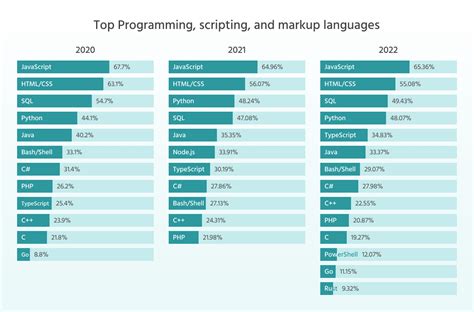
: Rust requires considerable effort and determination to learn, especially for developers without previous experience in programming languages systems.
* Limited libraries and tools
: Although some libraries are available to Solan, they may not be as extensive or widely accepted as libraries available in JavaScript or Anchor.
